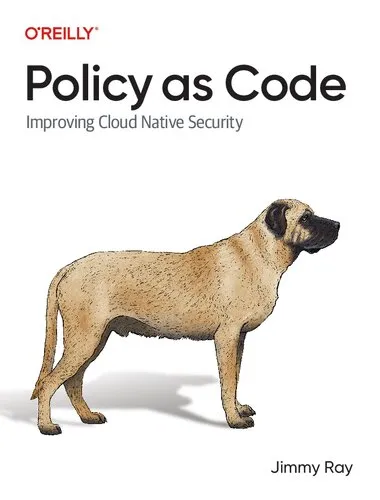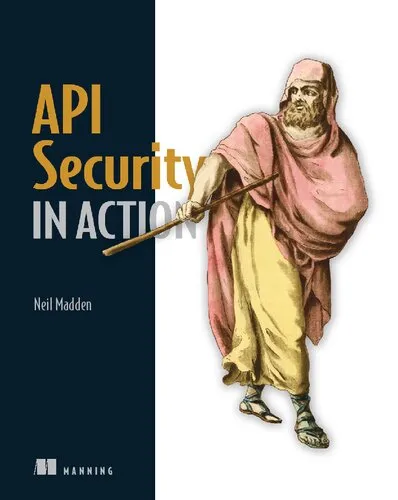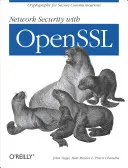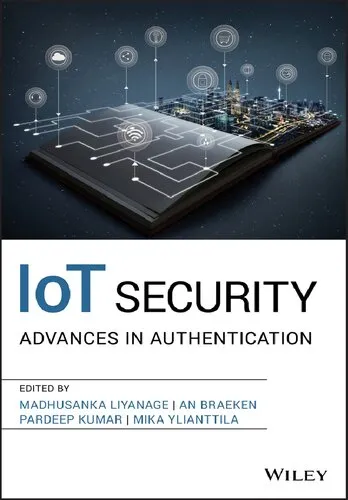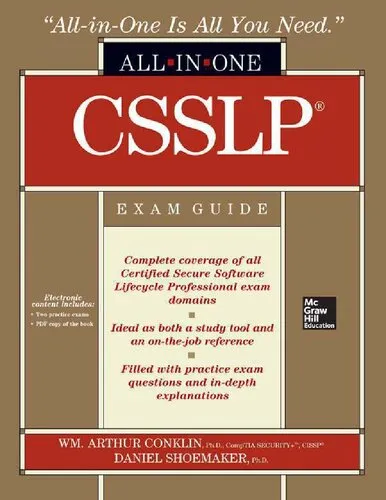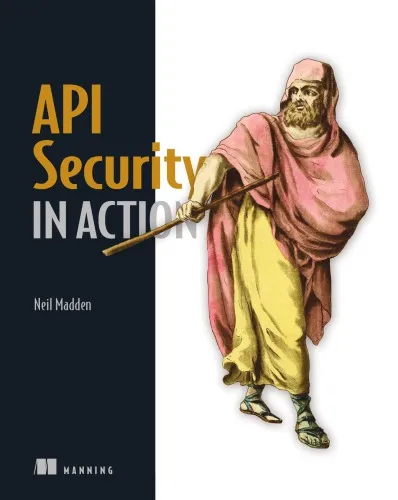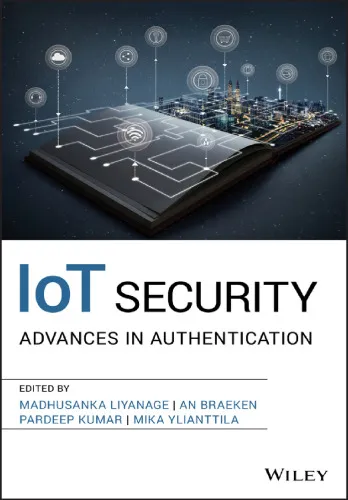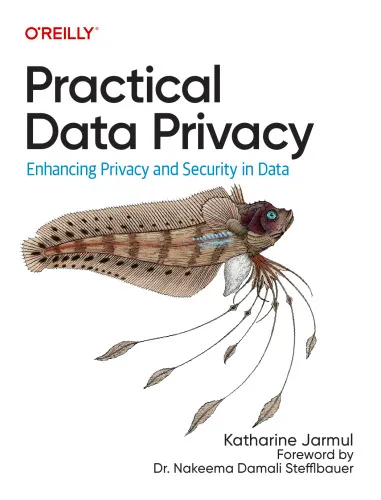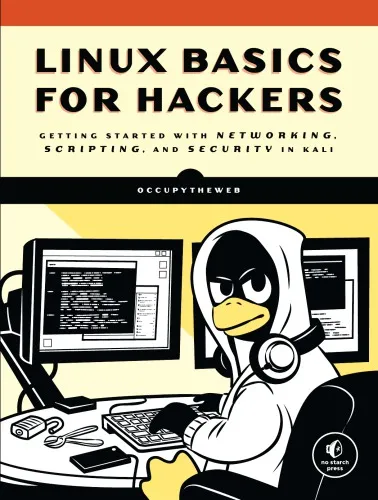Linking Sensitive Data: Methods and Techniques for Practical Privacy-Preserving Information Sharing
4.5
Reviews from our users

You Can Ask your questions from this book's AI after Login
Each download or ask from book AI costs 2 points. To earn more free points, please visit the Points Guide Page and complete some valuable actions.Related Refrences:
Analytical Summary
In the complex and increasingly critical domain of data management, Linking Sensitive Data: Methods and Techniques for Practical Privacy-Preserving Information Sharing stands out as a seminal resource for academics, practitioners, and policymakers. This book, authored by Peter Christen, Thilina Ranbaduge, and Rainer Schnell, addresses the urgent necessity of integrating and analysing data about individuals while rigorously protecting privacy.
The work provides both the theoretical underpinnings and the practical methodologies for privacy-preserving record linkage (PPRL), a field that enables linkage of personal data from multiple sources without compromising confidentiality. It delves into the technical, ethical, and legal challenges inherent in handling sensitive datasets, explaining how innovative computational techniques can reconcile data utility with privacy requirements.
Balancing theoretical rigor with real-world applicability, the book introduces readers to linking sensitive data using methods such as Bloom filters and secure multi-party computation, while contextualising them within data protection regulations like the GDPR. Its depth and clarity ensure accessibility for those new to the concept and value for seasoned experts seeking advanced techniques.
Because of increasing global data exchange and heightened public awareness of privacy, an authoritative exploration of PPRL such as this is critical for anyone responsible for ethical data sharing. Whether in healthcare, social sciences, national statistics, or commercial sectors, the book equips readers with tools to enable robust data analysis without breaching trust.
Key Takeaways
This book offers more than a technical manual—it is a conceptual bridge between the need for rich, linked datasets and the imperative of privacy preservation.
Readers will grasp the underlying principles of data linkage privacy, including secure coding of identifiers and probabilistic matching.
It illustrates how to conduct privacy-preserving record linkage in diverse and restrictive environments, overcoming common hurdles such as data silos or inconsistent identifiers.
Legal and ethical considerations are interwoven with technological strategies, recognising that preserving sensitive information is as much about societal trust as it is about algorithmic design.
Industry-specific case discussions and conceptual frameworks present the breadth of PPRL applications, showing the universality of the challenge across domains.
Memorable Quotes
“Linking sensitive data without breaching privacy is not just a computational problem—it’s a societal necessity.” Unknown
“The value of data is maximised when it can be shared, but the integrity of privacy is the price we must never pay.” Unknown
“Effective privacy-preserving record linkage depends on both algorithmic innovation and institutional trust.” Unknown
Why This Book Matters
This book matters because it addresses one of the most pressing dilemmas of our information age: how to harness the collective power of disparate datasets without exposing individual identities.
By presenting a comprehensive overview of techniques for linking sensitive data, it empowers organisations to advance research, improve services, and enhance decision-making processes—all without breaching privacy laws or ethical boundaries.
Equally significant is its emphasis on practicality. Many publications stop at theory, but here the authors provide deployable strategies and tools, making the transition from classroom to real-world deployment far smoother.
The book's relevance cuts across disciplines, and for professionals mandated to share or integrate sensitive datasets, the guidance within could mean the difference between a successful, compliant project and a privacy breach with severe consequences.
Its sustained focus on privacy safeguards in data linkage also positions it as a critical resource for policy drafting, compliance auditing, and the development of ethical AI systems.
Inspiring Conclusion
In a world where data is both a vital asset and a sensitive liability, mastering the art and science of Linking Sensitive Data: Methods and Techniques for Practical Privacy-Preserving Information Sharing is an essential step toward responsible innovation.
This book invites its readers not simply to understand the mechanics of privacy-preserving record linkage but to actively contribute to a culture where data exchange enhances knowledge without eroding trust. By applying the techniques and ethical frameworks within, professionals and researchers can ensure that data sharing is both effective and respectful of personal rights.
If you are ready to lead your organisation or research project toward safe, compliant, and impactful data practices, your next step is clear: engage with this book's insights, share them with your peers, and be part of the ongoing dialogue around ethical data linkage.
Free Direct Download
You Can Download this book after Login
Accessing books through legal platforms and public libraries not only supports the rights of authors and publishers but also contributes to the sustainability of reading culture. Before downloading, please take a moment to consider these options.
Find this book on other platforms:
WorldCat helps you find books in libraries worldwide.
See ratings, reviews, and discussions on Goodreads.
Find and buy rare or used books on AbeBooks.
1126
بازدید4.5
امتیاز0
نظر98%
رضایتReviews:
4.5
Based on 0 users review
Questions & Answers
Ask questions about this book or help others by answering
No questions yet. Be the first to ask!

